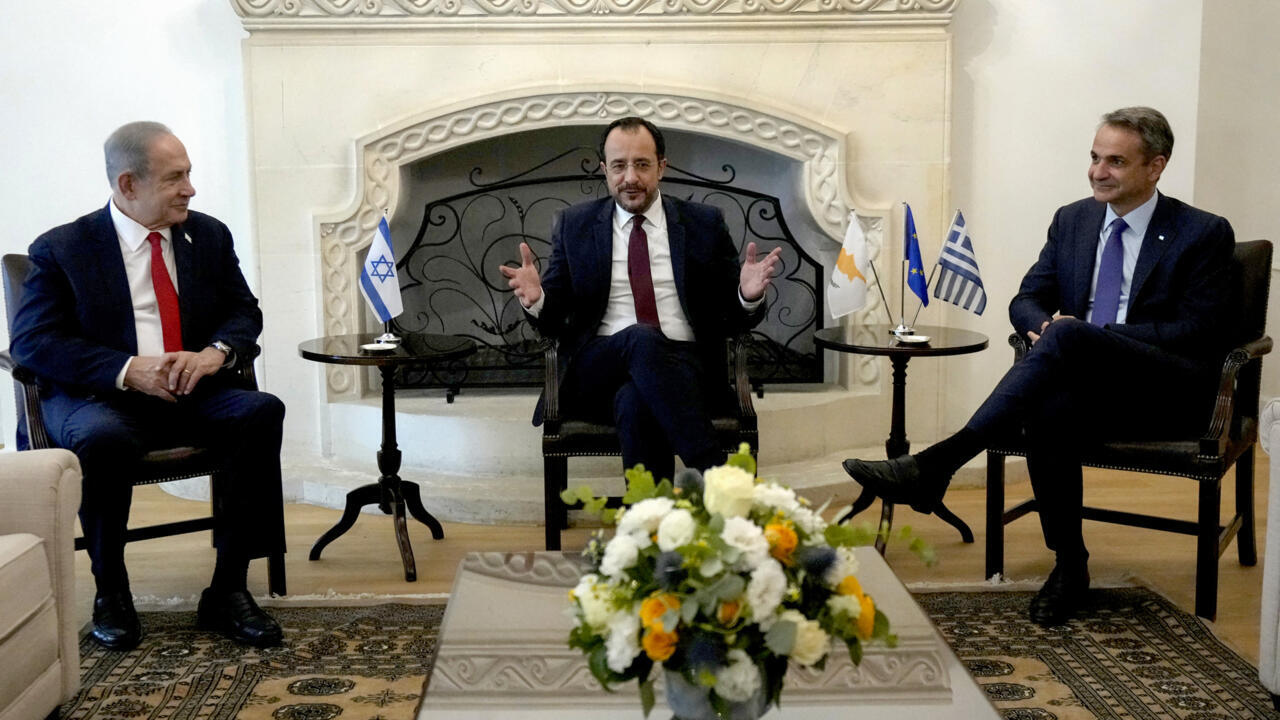Greece: Migrant arrivals slow in October
Source: InfoMigrants: reliable and verified news for migrants – InfoMigrants
Despite the war in the Middle East, the numbers of migrant arrivals in Greece has diminished by 42.06% in the month of October compared to September, according to figures provided by the Greek government.
The Greek government had been worried that the numbers of migrants attempting to cross into Greece would increase as a result of the conflicts in the Middle East.
However, in the latest figures released by the Greek Migration Ministry, the numbers of migrant arrivals in October was in fact down by 42.6% compared to the previous month, September.
A total of 6,581 migrants were recorded as having arrived in Greece during the month of October, compared to 11,470 arrivals in the previous month.
Reasons for the decrease
According to the figures released, the eastern land border in the Evros region has seen marked declines in arrivals. The decrease is greater in the northern Aegean Sea and lesser in the southern Aegean Sea.
The decrease has also been partially mirrored in the numbers of residents living inside the closed camps. For example, residents of the Closed and Controlled Reception Center on the island of Lesvos in the Kara Tepe area numbered 5,000 at the end of September, and had decreased to 4,100 by the beginning of November.
The camps on Samos and Kos continue to be under pressure and overcapacity, however, but the government continues to make transfers of registered asylum seekers to the mainland. They have also sent additional staff to the centers on the islands, drawing from staff at the Greek police, the European Asylum Service (EUAA) and the European Agency for the Management of Operational Cooperation at the External Borders (Frontex).
Transfers from Rhodes
Recently, the Greek authorities transferred 400 migrants who had arrived in Rhodes to the mainland.
The Migration Ministry cited effective border management and improved cooperation with Turkey as one of the main reasons for the decrease. “This is the product of a comprehensive and multi-level strategy to deal with irregular immigration and illegal trafficking. It is remarkable if compared to the rise of the phenomenon observed elsewhere, such as in Italy, Croatia, and also in Spain (Canary Islands),” said the Ministry’s statement.
“Greece has managed to have fewer arrivals than most EU member states in the southern outer perimeter of the Schengen zone, it has managed them efficiently and safely for asylum seekers and local communities, within organized structures, unlike what happens in other countries. It has the highest rate of registration and identification of new arrivals for the benefit of public safety and a reliable and speedy asylum process that has been praised internationally. Today, we are leading the way in reducing the problem and, thanks to these successes, we are playing a leading role in shaping the new European immigration and asylum policy in the European Union.”
Athens reiterated that despite the decreases, it remained on alert to deal with any spike in illegal migration attempts caused by the ongoing hostilities in Israel and Gaza “The Ministry of Immigration and Asylum, in cooperation with the security authorities of the country, the competent ministries as well as the European Commission and our European partners, is on full alert to deal with and manage the problem, in the best possible way, in the face of any emergency that may arise from international developments,” the statement concluded.
More European funds for Greece
Greece is due to receive an additional €42.2 million in funding from the European Union for two proposals. The first is to enlarge a program to protect unaccompanied minors in the country and the second is to enforce still further the electronic surveillance systems deployed at the border.
The Greek Migration and Asylum Ministry confirmed the funding saying that it would be coming from the European Commission’s Directorate-General for Migration and Home Affairs. The first proposal, named ‘Pyxida’, relates to filling in the gaps noted during the implementation of the National Strategy for Protection of Unaccompanied Migrant Minors in Greece. Its scope is the creation of five centers for specialized mental health services with a focus on trauma, specialized legal assistance, targeted services to boost high school retention rates, and services for unaccompanied minors who have reached adulthood (aged 18-21) and are not under a protection plan.
Pyxida also includes training and clinical supervision for professionals, chaperones during emergency health and hospitalization cases, and educational material to help minors deal with violence, and gender stereotypes, and to promote equality and social engagement.
Pyxida will be included in the Asylum, Migration, and Integration Fund (2021-2027), with 90% co-funding by the EU.
The second approved proposal is called “Optimization of the repercussions of electronic surveillance through enforced communications connections – Boosting the Hellenic Police’s ability to supervise land borders.” The idea is that it will cover the cost of buying 27 incident management mobile centers (MIMC) for land border patrols and surveillance of non-accessible areas.
The original article: belongs to InfoMigrants: reliable and verified news for migrants – InfoMigrants .



